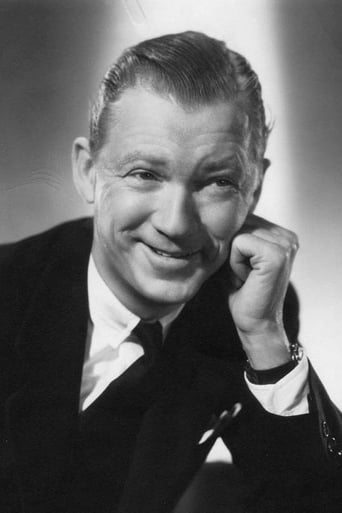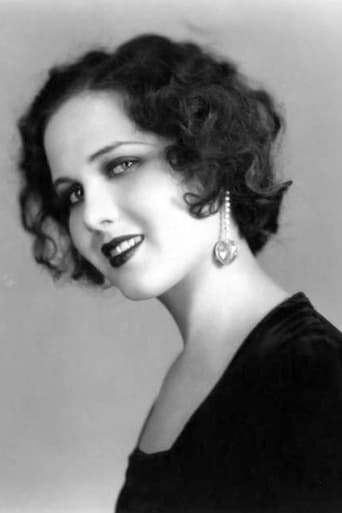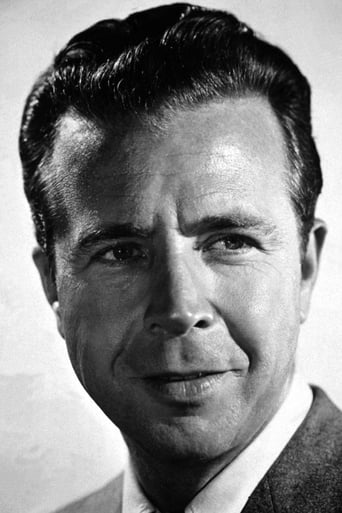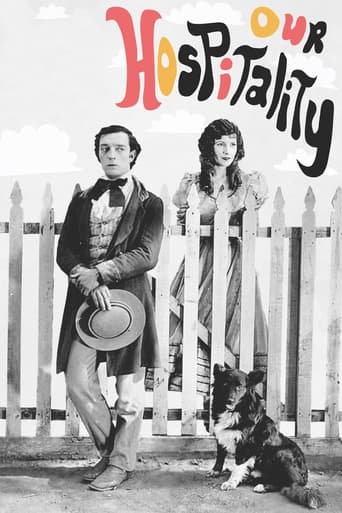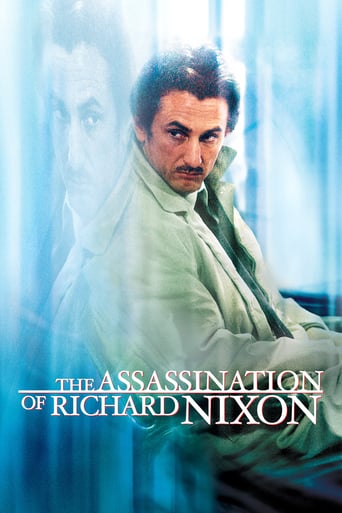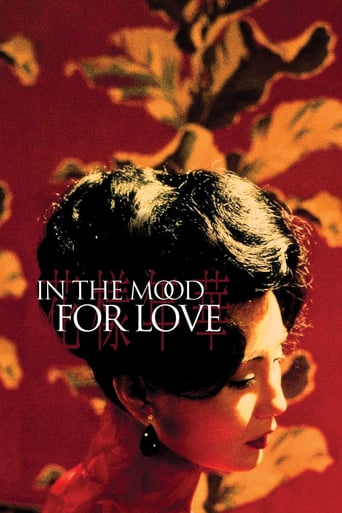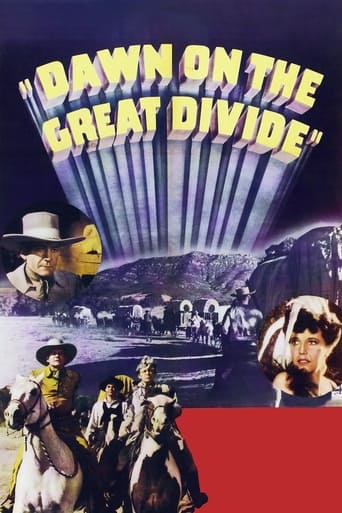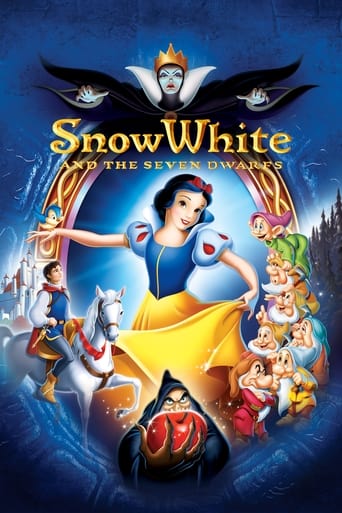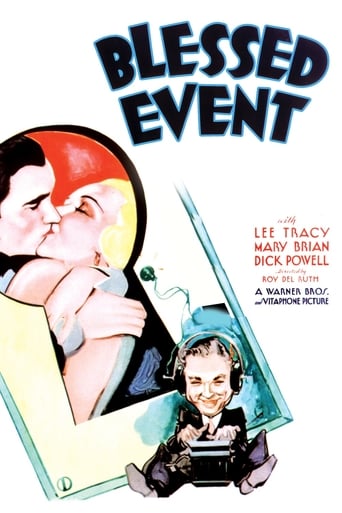
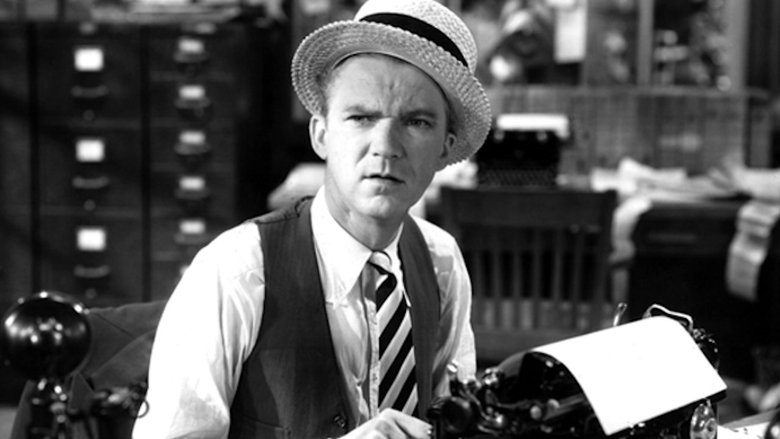
Blessed Event (1932)
A New York gossip columnist feuds with a singer and enjoys the power of the press.
Watch Trailer
Cast
Similar titles

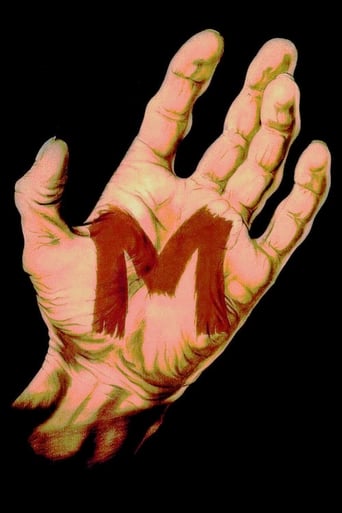
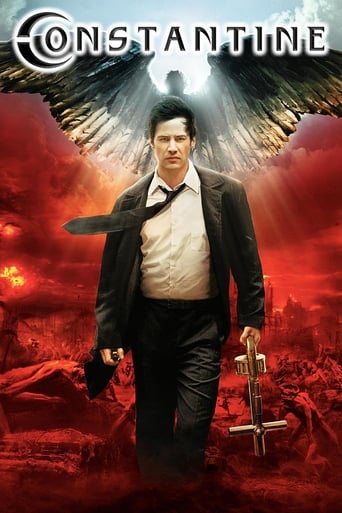
Reviews
Sorry, this movie sucks
Absolutely the worst movie.
At first rather annoying in its heavy emphasis on reenactments, this movie ultimately proves fascinating, simply because the complicated, highly dramatic tale it tells still almost defies belief.
The acting in this movie is really good.
Unless someone had spent some time with Admiral Byrd at the South Pole there ain't no way that any American would have not recognized that Lee Tracy's main character was based on Walter Winchell. Winchell had not started his radio show as of yet, but his column was the most read in the nation. And the term Blessed Event was a contribution that Winchell made to the English language still in use today. The play had a 115 performance run on Broadway and Allen Jenkins and IsabellJewell repeated their roles on Broadway. Tracy with a quip for all occasions takes over Ned Sparks's column and immediately makes his paper the biggest circulation in town. He takes on all, gangsters, politicians, show business personalities with an eye for the salacious. A man like that makes enemies and Winchell had plenty in his life.They also with a bit of future forecasting had him in a staged feud with another show business personality, a crooner played by Dick Powell in his film debut. Powell because this was his debut was no one that Winchell would have bothered with in real life. Powell's character was based on a combination of Rudy Valle and Russ Columbo both who led their own orchestras as Powell's character Buddy Harmon does. In real life Winchell would be in a bogus feud with bandleader Ben Bernie and the two would trade insults on their respective radio shows like Crosby and Hope.Blessed Event would be one of Tracy's best film roles until he got banished to the Bs for his performance in Mexico on a hotel balcony letting it all hang out and urinating on some passing Mexican soldiers while on location for Viva Villa.For a time this was dated, but as news gradually became more about the personalities delivering them, Blessed Event got right back in style. I think a young audience would really appreciate Blessed Event today.
Blessed Event (Roy Del Ruth, 1932) is arguably the greatest comedy film of all time, with "that kid from advertising" Alvin Roberts (Lee Tracy) commandeering his newspaper's society section, and turning it into the filthiest gossip column in America. But his take-no-prisoners journalism – and brilliantly abrasive persona – makes him a couple of powerful enemies: crooner Bunny Harmon (a hilariously peppy Dick Powell in his screen debut) and gangster Sam Gobel (Edwin Maxwell). Tracy was the crystallisation of everything great about Pre-Code movies – those fast- paced, scurrilous, say-anything films made before the censorship crackdown of 1934 – and this is his definitive vehicle. He's just hysterically funny, spewing a constant stream of wisecracks and epithets, before a second half that demands every ounce of talent he had: Roberts throbbing with ebullience, self-loathing and finally righteous anger, as he tries to atone for the one time he took it too far. The script does everything right, circumventing a potential slip into melodrama with dismissive ease, and the supporting cast is truly spectacular, with each and every character – from Ruth Donnelly's acerbic secretary to Ned Sparks' pet correspondent and Frank McHugh's ineffective press agent – given something memorable to do. Really it's just one great scene after another, but there are several that are simply sensational.The centrepiece is the terrifying, perilously dark set-piece in which Tracy talks mobster Allen Jenkins through a trip to the chair. He shoves a picture of Ruth Snyder in Jenkins' face, before navigating the henchman through a florid, impossibly graphic description of state- sanctioned death, every part of his body seeming to contort as he dominates the screen. You would die with one finger twitching upwards, Tracy concludes with a shaking voice, "to where you're not going". It doesn't sound like much fun, but somehow it's exhilarating, because I've never seen anyone act like that before: it's neither conventional, nor stagy, nor necessarily naturalistic, it's just dynamic. There's also Tracy being called a "nadir" – a shoo-in for any "top ten funniest scenes" list – his conversation with his mum about Bunny Harmon (she's a big fan), a blistering showdown with Gobel in a café, and a bit in a hospital where a policeman keeps slapping a gunman in the face. Director Del Ruth has a cult following nowadays, on the strength of these breakneck early pictures he specialised in at Warner, and his handling couldn't be better. But it's Tracy's show all the way, this 78-minute jolt of comic genius spotlighting his superb timing and singular style of acting – his high-pitched delivery, gesticulating fingers, monstrous self-confidence and gaggle of outrageous vocal trills combining to exalting effect. He's astonishing, and so is Blessed Event.
Lee Tracy is one of the lost joys of the pre-Code era. He mostly played newspapermen (he was Hildy Johnson in the original Broadway production of The Front Page) with a sideline in press agents, and whatever his racket he epitomized the brash, fast-talking, crafty, stop-at-nothing operator. He makes Cagney look bashful, skating around in perpetual, delirious overdrive, gesticulating and spitting out his lines like an articulate machine-gun, wheedling and needling and swearing on his mother's life as he lies through his teeth. He was homely and scrawny, with a raspy nasal voice, and he always played cocky, devious scoundrels, yet you find yourself rooting for him and reveling in his sheer energy and shameless moxie. Audiences of the early thirties loved his snappy style and irrepressible irreverence; they loved him because he was nobody's fool. He's a rare example of a character actorthat guy who always plays reporterswho through force of personality, and the luck of embodying the zeitgeist, had a brief reign as a star.In BLESSED EVENT he plays Alvin Roberts, a character based so closely on Walter Winchell that Winchell could have sued--but he probably loved it. When we first meet Alvin, he's a lowly kid from the ad department who has been given a chance to sub for a gossip columnist and gotten in trouble for filling the column with dirtprimarily announcements of who is "anticipating a blessed event" without the proper matrimonial surroundings. Soon he's become an all-powerful celebrity and made scores of enemies, including a gangster willing to bump him off to shut him up. There's a subplot about Alvin's ongoing feud with a smarmy crooner, Bunny Harmon, played by Dick Powell. Anyone who finds Powell in his crooning days repellent will appreciate Tracy's merciless vendetta. Actually, I think Powell is being deliberately irritating hereeven in Busby Berkeley films he's not so egregiously perky and fey. He does sing one good song, "Too Many Tears" (a theme throughout the film), and a wonderfully witless radio jingle for "Shapiro's Shoes."Alvin's standard greeting is, "What do you know that I don't?" The answer is nothingat least not for long. But he's surrounded by worthy foils. Ruth Donnelly is both tart and peppery as Alvin's harried secretary ("You want to see Mr. Roberts? Oh, you want to sue Mr. Roberts. The line forms on the left.") Allen Jenkins, who keeps saying he's from Chicago even though his Brooklyn accent could be cut with a steak knife, plays a mug sent by his gangster boss to threaten Roberts. In a mind-blowing scene, Alvin terrifies the tough guy with a graphic, horrifying description of death in the electric chair. Tracy plays this monologue with unholy gusto; if you're not opposed to the death penalty, you will be after this. There's a funny scene in which Jenkins has to pass time with Alvin's sweet, clueless mother, who is continually thwarted in her desire to listen to the Bunny Harmon Hour on the radio. The usual suspects fill out the cast, those character actors whose very predictability is their glory: Ned Sparks the perennial gloomy pickle-puss; Frank McHugh the perennial hapless nebbish; Jack La Rue the perennial menacing hoodlum. Director Roy Del Ruth (who also helmed the wildly entertaining BLONDE CRAZY) keeps BLESSED EVENT going like a popcorn-maker; the sly, outrageous zingers just keep coming.Lee Tracy's career never recovered after he was fired from MGM for a drunken indiscretion committed in Mexico. But I doubt he could have lasted long as a star after the Code anyway, since his films are gleefully amoral, frequently demonstrating that crimeor at least lying, cheating and riding roughshod over other people's feelingspays. Every Lee Tracy vehicle contains a moment when he realizes he's gone too far, usually when the girl he fancies bursts into tears and tells him off. (Here he crosses the line in a big way when he betrays a desperate young woman who begs him not to reveal her pregnancy.) He looks suddenly abashed, protesting, "Gee, if I'd known you felt that way I'd give anything not to have done that Baby, sugar, listen !" But two second later he's back to his old scheming ways. A reformed Lee Tracy would be like Fred Astaire with arthritis. Not that he isn't a good guy deep down well, maybe. He has charm, anyway: an impish grin and twinkly eyes and boyish blond hair, like Tom Sawyer crossed with a Tammany Hall fixer. His reactions to sentimentalityto Dick Powell's cloying tenor or Franchot Tone in BOMBSHELL telling Jean Harlow he'd like to run barefoot through her hairare delicious. He's salt and vinegar, no sweetening. In BLESSED EVENT Alvin has a fit when an editorial calls him the "nadir" of American journalism. Lee Tracy, on the other hand, represents is the zenith of the American newspaper movie.
At the start of BLESSED EVENT, Ned Sparks is returning from a vacation. He is the columnist who writes the society/gossip column at the newspaper. He left the column in the hands of his assistant, figuring that there was nothing outlandish that could happen. Sparks is soon sputtering, as he is asked by the newspaper editor to accept a new assignment writing obituaries. It seems that the assistant, Lee Tracy, has redesigned the column. Instead of the staid, boring columns giving the comings and goings of polite society (what boats they took to Europe, who is vacationing in Florida or the West Coast), he is telling of all the naughty things these people are up to. In particular, if he hears of a rumor that some prominent people are having a little baby out of wedlock, he prints the rumor (carefully mentioning it as a rumor - to avoid libel suits) as a "Blessed Event". Hence the film's title.Tracy keeps Ruth Donelly, Sparks secretary, as his own. He makes the column a really successful one, just as Walter Winchell did in real life in the 1920s. Winchell, who was one of the top gossip columnists of the 1920s - 1950s (his leading rivals were probably Hedda Hopper, Louella Parsons, and Sheila Graham - but they were basically connected with Hollywood personalities only, while Winchell included politicians, writers, artists, Broadway figures, socialites, and gangsters). Winchell knew many people - he even got involved in criminal history, when he was instrumental in the surrender of Louis Lepke Buchalter (head of "Murder, Inc.") to the authorities in 1939. Winchell's reputation is not very clean these days - he could be vicious if he did not like the politics or personality of one of his subjects. He would be ferociously anti-Communist in the 1940s and 1950s, although he also was anti-Nazi in the war years as well. The character of the unscrupulous Hunsekker in SWEET SMELL OF SUCCESS (the Burt Lancaster role) is based on Winchell.This film was made in his early years as a columnist, so Tracy plays him for laughs, and even makes him a bit of a crusader. He does pursue Dick Powell, a popular radio crooner, rather extremely. This is because he knows Powell is a phony, and Tracy does not like crooners. Later, though, it turns out that Tracy's mother does like Powell, and one wonders if that is the key to Tracy's feelings. On the other hand, he is leading a public spirited crusade against a crooked mobster and construction company head, Edwin Maxwell. That does raise our estimation of Tracy a bit.But his methods are always questionable. Maxwell tries to frighten Tracy into silence, sending his henchman Allan Jenkins to threaten him. Tracy makes a cylinder copy of a confession by Jenkins to a murder, and after making sure the cylinder has been taken away to safety, frightens Jenkins by telling him what he has on him, and reminding him of the death of Ruth Snyder in the electric chair in 1928. His morality is also tested, when Isobel Elsom comes to him with some personally shameful information, and Tracy has to decide if he should keep quiet or use it in his column.The speed of the film, the pungency of the dialog and its humor make it worth an "8" out of a possible "10". Tracy's performance reminds us of how wonderful an actor he was, and makes his odd career misfortune all the sadder to think about for what could have been a great career rather than a fine one.
